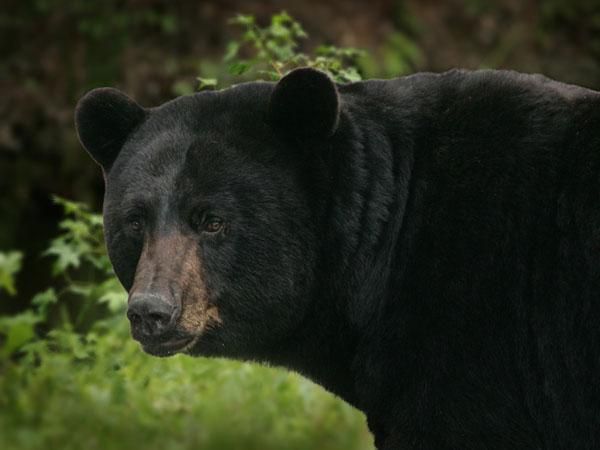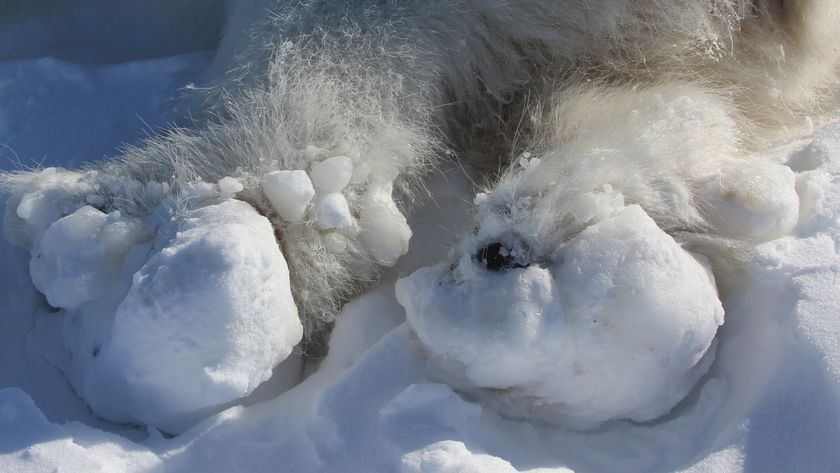
Bringing an End to Bear Baying (Op-Ed)

Wayne Pacelle is the president and chief executive officer of The Humane Society of the United States (HSUS). This Op-Ed is adapted from a post on the blog A Humane Nation, where the content ran before appearing in LiveScience's Expert Voices: Op-Ed & Insights.
Last month, the South Carolina Department of Natural Resources (DNR) put an end to the archaic and barbaric practice of bear "baying," three years after The HSUS released the results of an undercover investigation that showed dogs attacking a tethered, often declawed and defanged bear, with hundreds of people watching the spectacle just as they'd watch a dogfight or cockfight. Dozens of news outlets covered our original investigation, and there was a collective gasp that such a thing was both permitted and conducted.
Recently South Carolina's DNR announced that the six bears used in bear baying competitions had been relinquished to the agency and were safely transported to the Wild Animal Sanctuary in Keenesburg, Colo., where they will spend the remainder of their lives in peace.

At the bear baying events The HSUS investigated, handlers released dogs that successively attacked a tethered bear for hours. The supposed goal was for the dogs to corner the bear and keep her still, or "at bay." In reality, the dogs barked furiously at the terrified bear, jumping on her and biting her face and legs — and the bear fought back, swatting at the dogs. While similar spectacles take place in Pakistan, South Carolina was the only U.S. state known to host these cruel events.
Since The HSUS first saw the footage that our undercover investigators captured, we have been working — sometimes quietly behind the scenes — to rid the state of this disgraceful pursuit.
In September, the DNR arrested a man and filed felony charges against him for allowing dogs to repeatedly attack and bite a captive bear. As part of a plea deal, the owner surrendered three bears, which were among the six transported to Colorado. And in early October, The HSUS applauded DNR's entire law-enforcement team, who worked to investigate this activity and ensure that the bears were sent to a reputable sanctuary.
The six rescued bears range in age from 7 to 23 years. We don't know how many years of their lives were spent suffering in what must have been a terrifying existence, but today we are so thankful that we could pull back the curtain on this underground and shameful practice. It's another transformational HSUS investigation that resulted in people of conscience (in this case, law-enforcement personnel) taking action once the truth came to light.
Sign up for the Live Science daily newsletter now
Get the world’s most fascinating discoveries delivered straight to your inbox.
Pacelle's most recent Op-Ed was "Why is a University Accepting Random-Source Research Dogs?" This article was adapted from "Keeping Bear Baying at Bay," which first appeared on the HSUS blog A Humane Nation. The views expressed are those of the author and do not necessarily reflect the views of the publisher. This version of the article was originally published on LiveScience.












